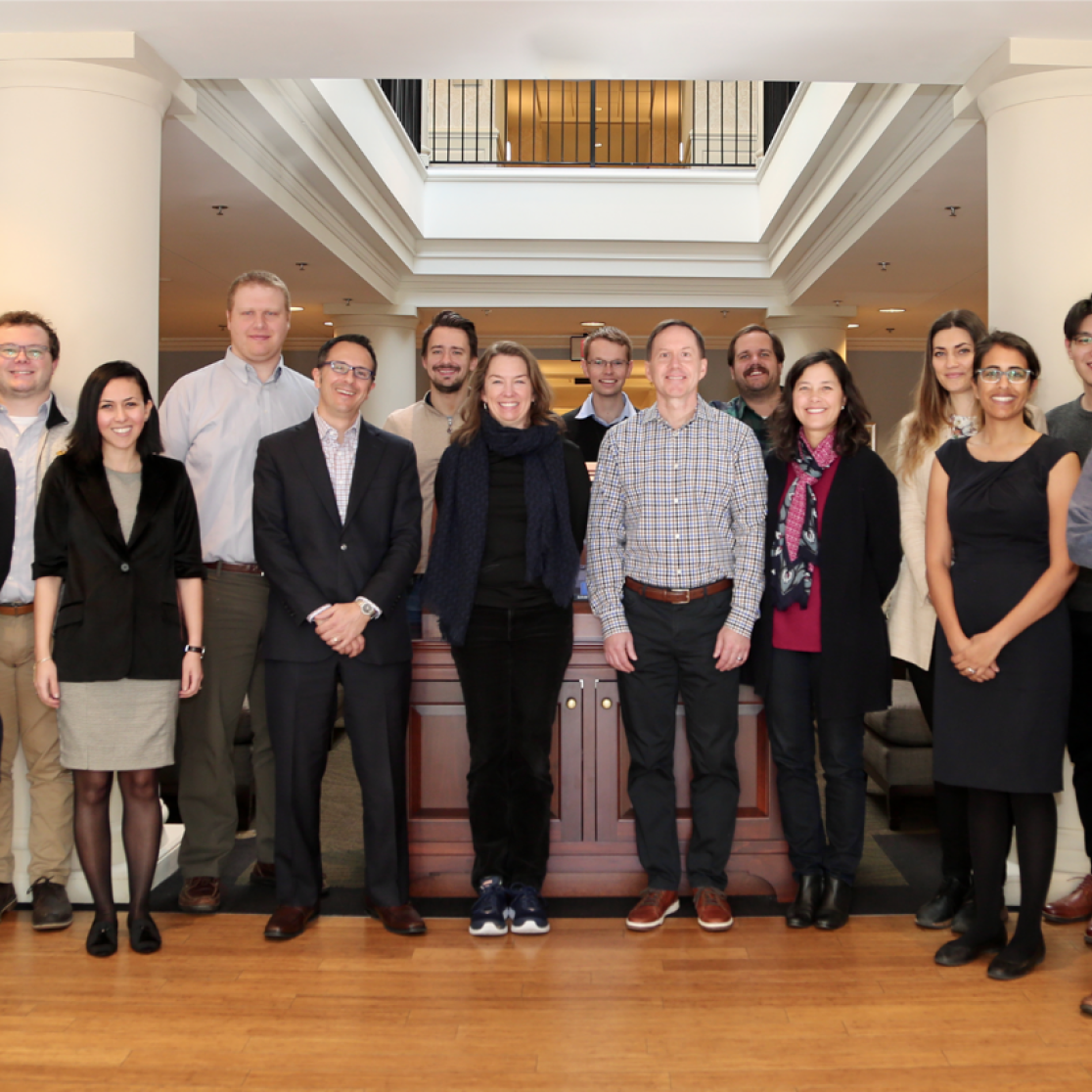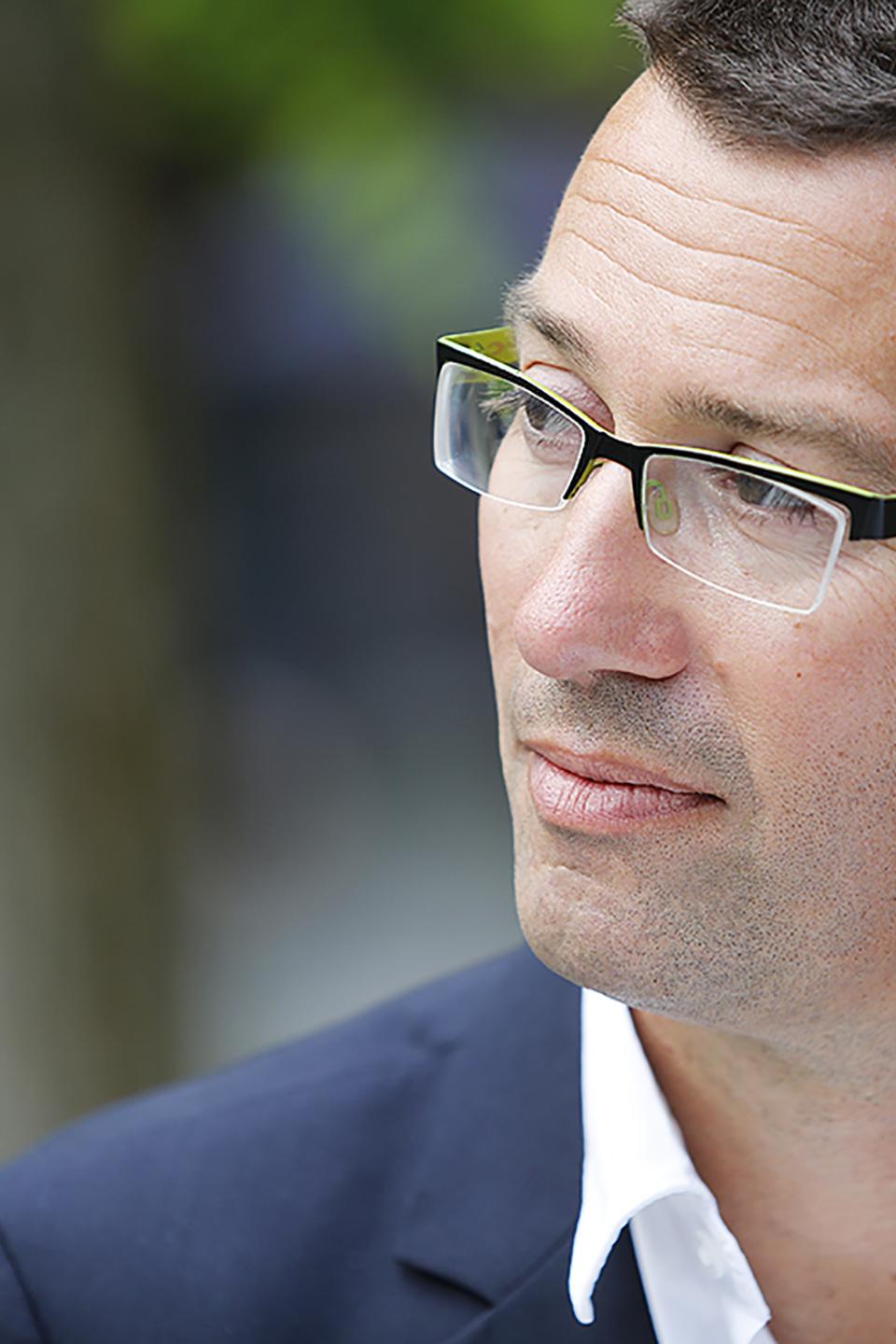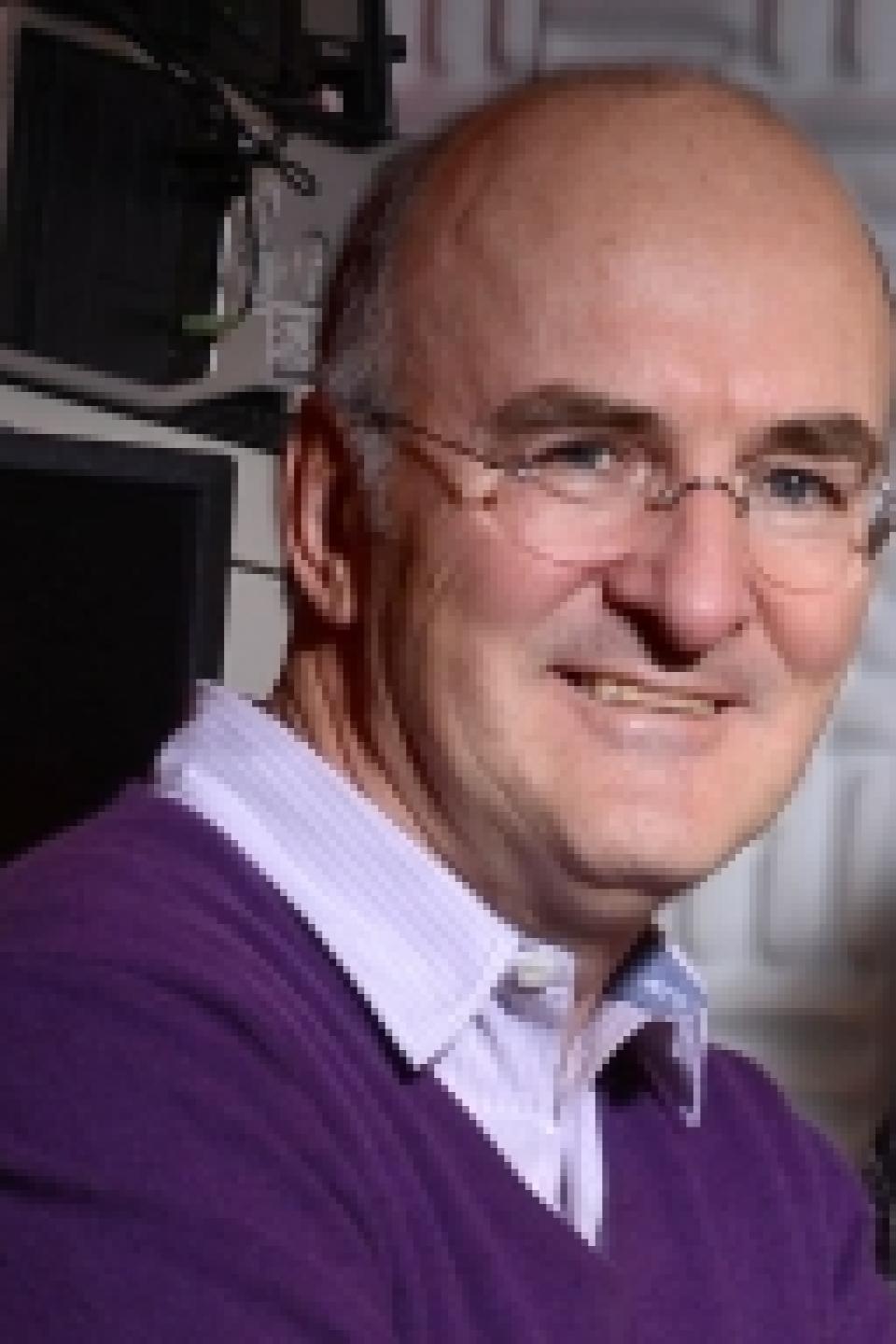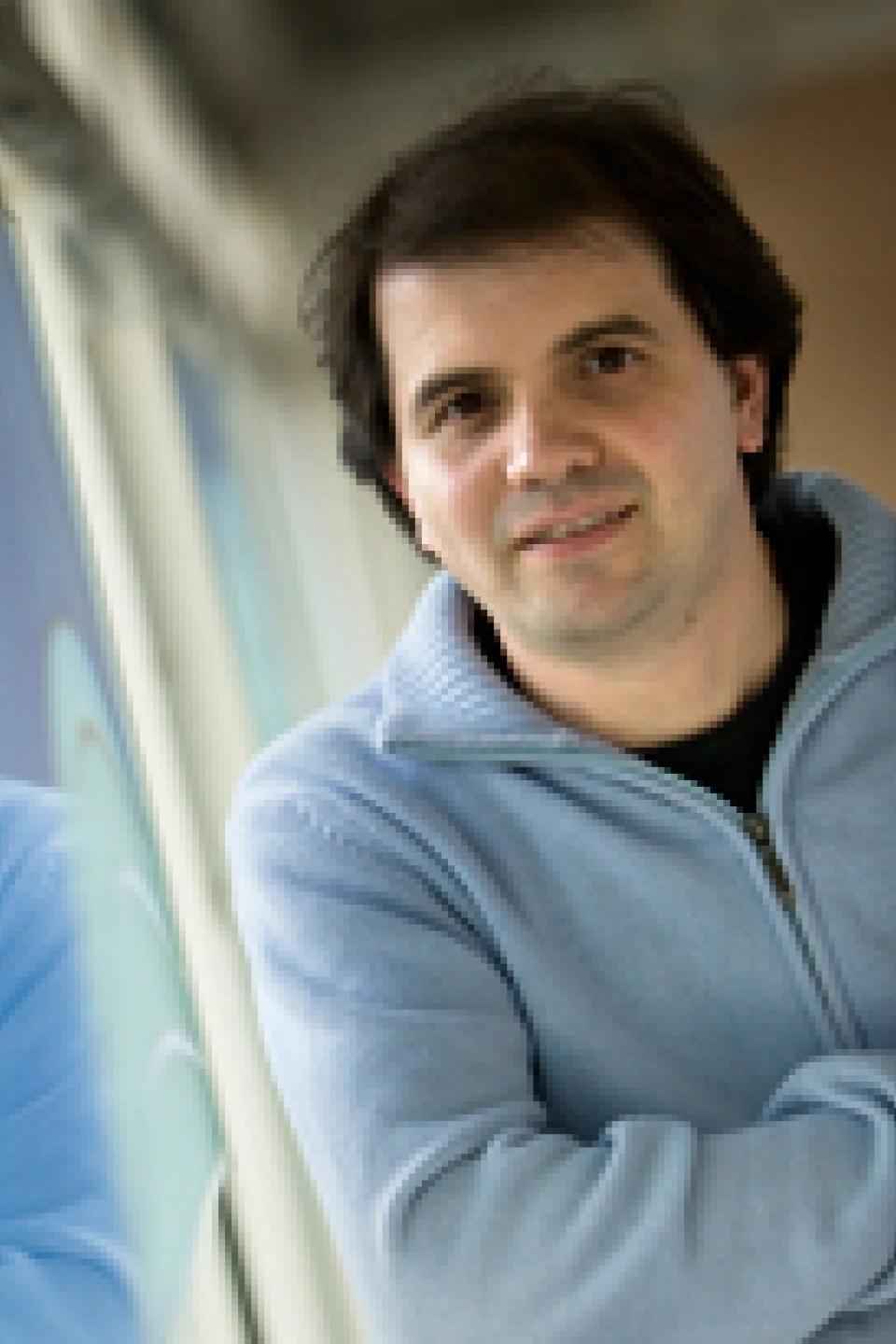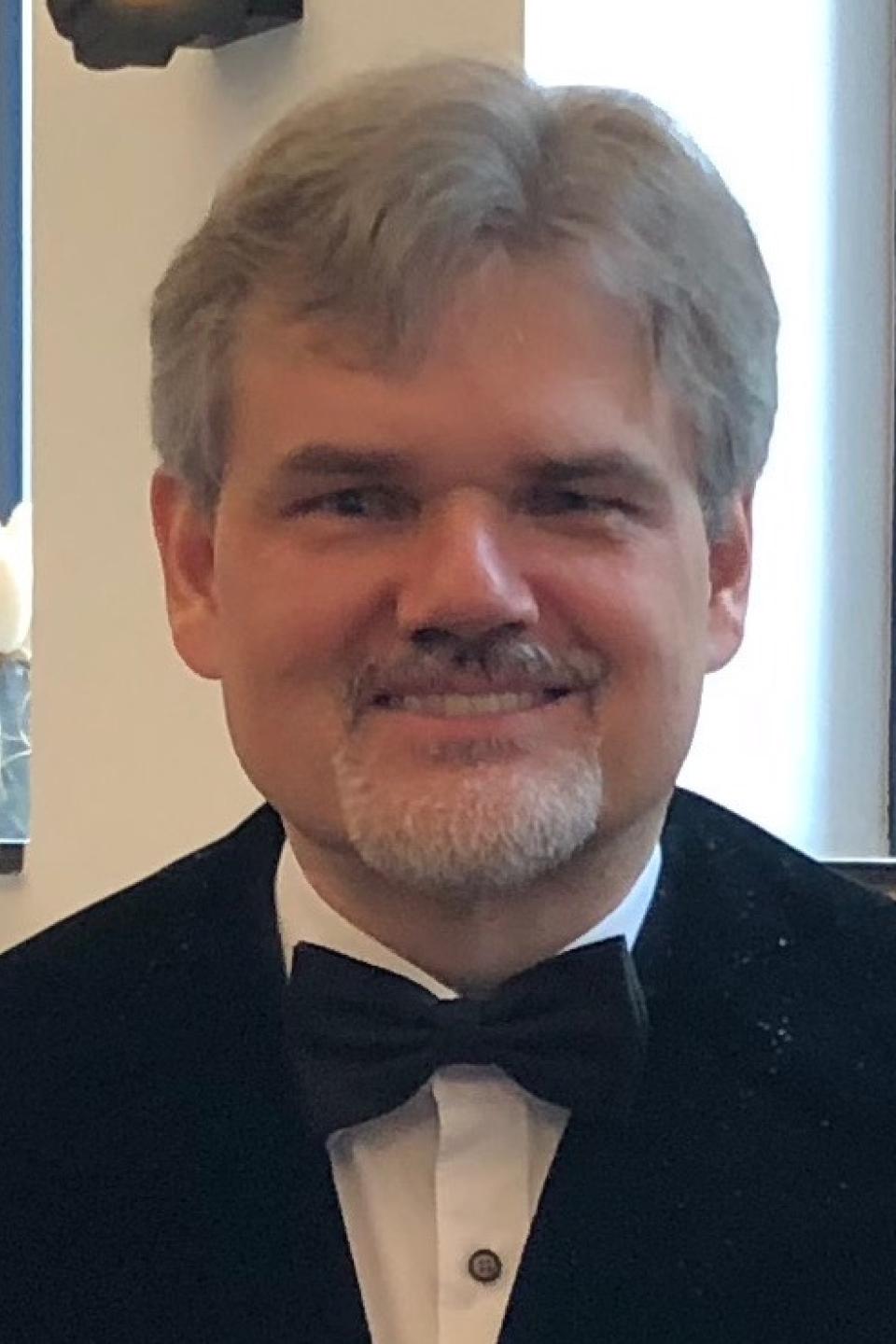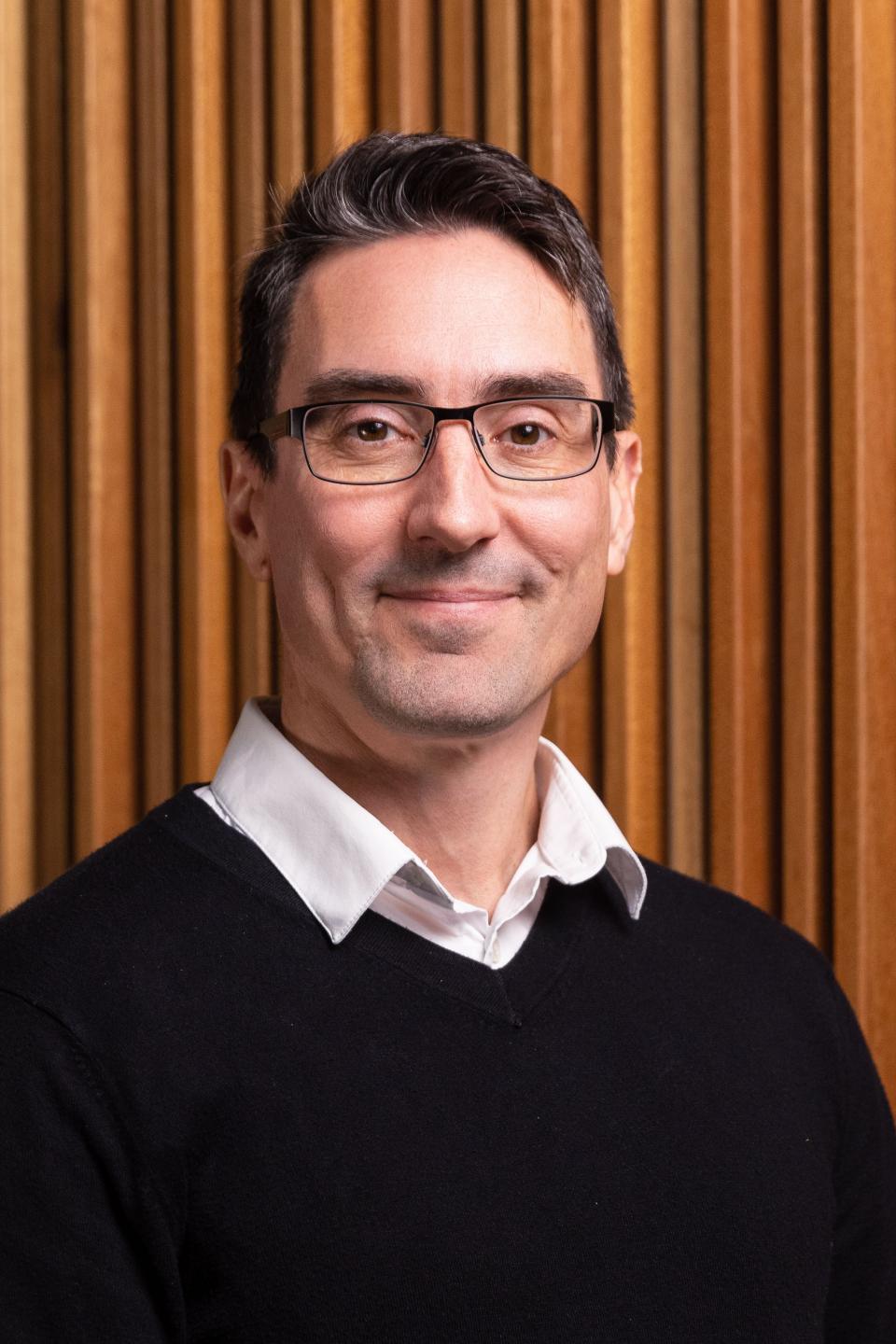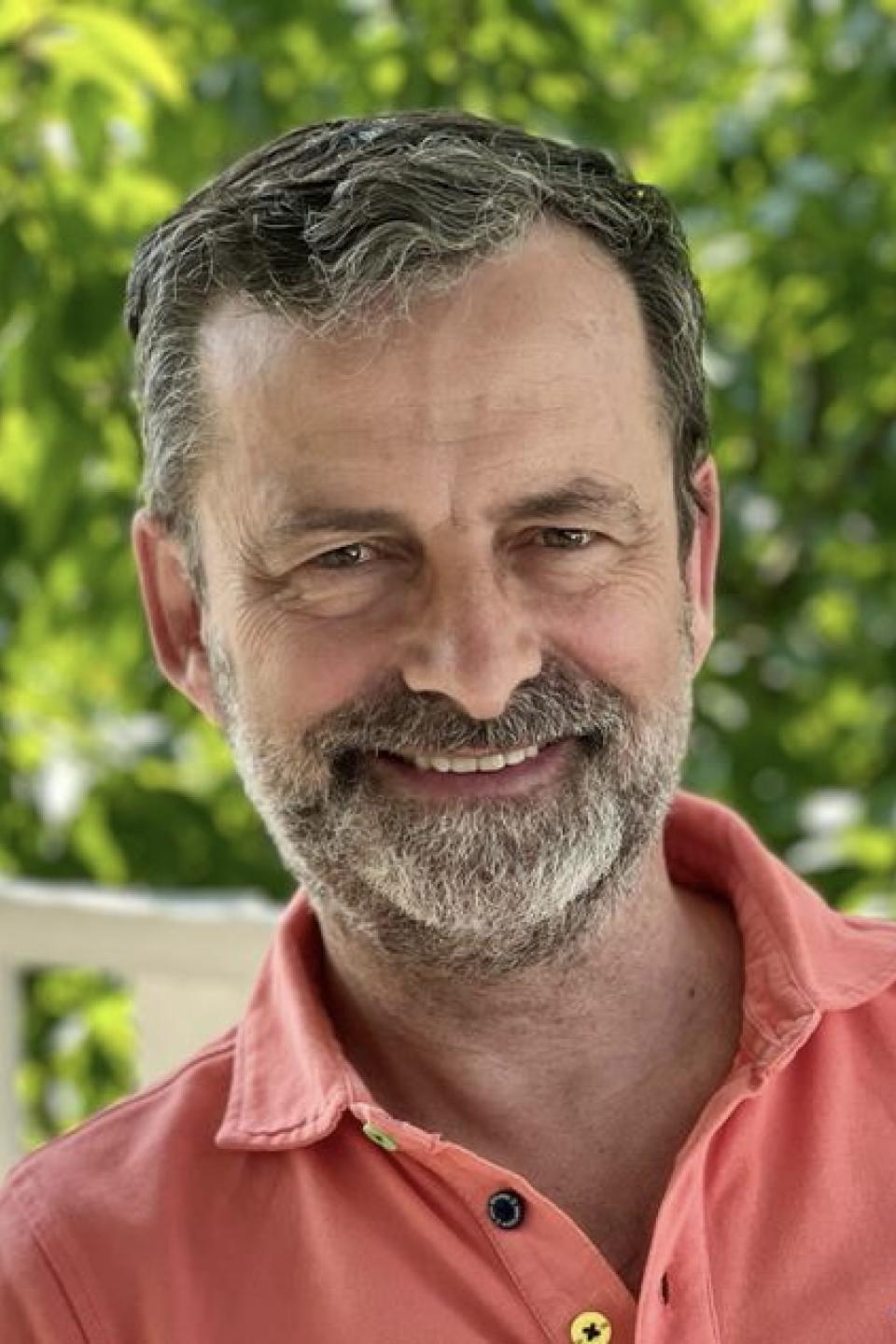“All you've got to do is decide to go and the hardest part is over"
Tony Wheeler
One of the greatest perks of working in academia is probably the flexibility to work and conduct your research from anywhere in the world. Given this work flexibility bundled with the increasing importance of collaborations and networks in academia, Maastricht University School of Business and Economics encourages junior researchers to conduct research visits abroad. Even though I was used to studying and working abroad during my pre-PhD time, and I was well aware how important exposure to international working and learning environments is, it was still not easy for me to let my beloved office mates, supervisors, colleagues and family, all in all, my comfort zone behind. Yet, all my worries and concerns disappeared upon my arrival in the US and the very warm welcome of faculty members.
In the scope of my research visit, and thanks to the generous support of Professor Wayne Landsman, I spent five months at the University of North Carolina (UNC) at Chapel Hill, one of the best schools for Accounting in the entire country. I participated in PhD seminars, symposia, and worked on creating a sustainable network for future research.
For PhD seminars, world-renowned professors invest quite a decent amount of time to discuss some seminal and novel research papers with PhD students on a weekly basis. I was lucky enough to be able to participate in such seminars with professor Wayne Landsman on capital markets research, professor Robert Bushman on accounting and real effects, and Professor Edward Maydew on tax. I was delighted to see how much time professors invest in PhD students to provide them with an opportunity to learn and interact not only with fellow PhD students but also with other faculty members. Even if some of the topics were familiar to me, the in-class discussions and the level of detail brought very different and new perspectives into the so familiar research areas. I was able to learn a lot, was challenged quite often, and managed to close some of my knowledge gaps (even though Robert Bushman’s derivations of the q-theory in the setting of capital allocation and accounting recognition of economic losses still represent a bit of a challenge and headache to me :).
My research stay ended with UNC’s tax doctoral consortium, a popular conference with a limited amount of spots for audience that fill up within seconds. For someone without any tax accounting background, guest speakers, local and invited faculty members made tax accounting very accessible and comprehensible. Our in-class discussions have widened my knowledge horizon and more importantly my research areas of interest (thanks to Ed Maydew and Scott Dyreng I finally grasped the importance of taxes, which even have an impact on the timing of birth). During my research visit, I learnt that life of an academic is like riding a bicycle - to keep your balance you must keep moving. To move forward and build a successful career in academia, we need to embrace our own personal challenges, be it learning new programming languages, research techniques or new research areas, and collaborate - there is so much that we can learn from each other!
My research visit at UNC at Chapel Hill provided me with a great opportunity to learn and grow, expand my network and set-up new collaborations, all of which is crucial for an early career academic.
Go to the Department of Accounting and Information Management.
